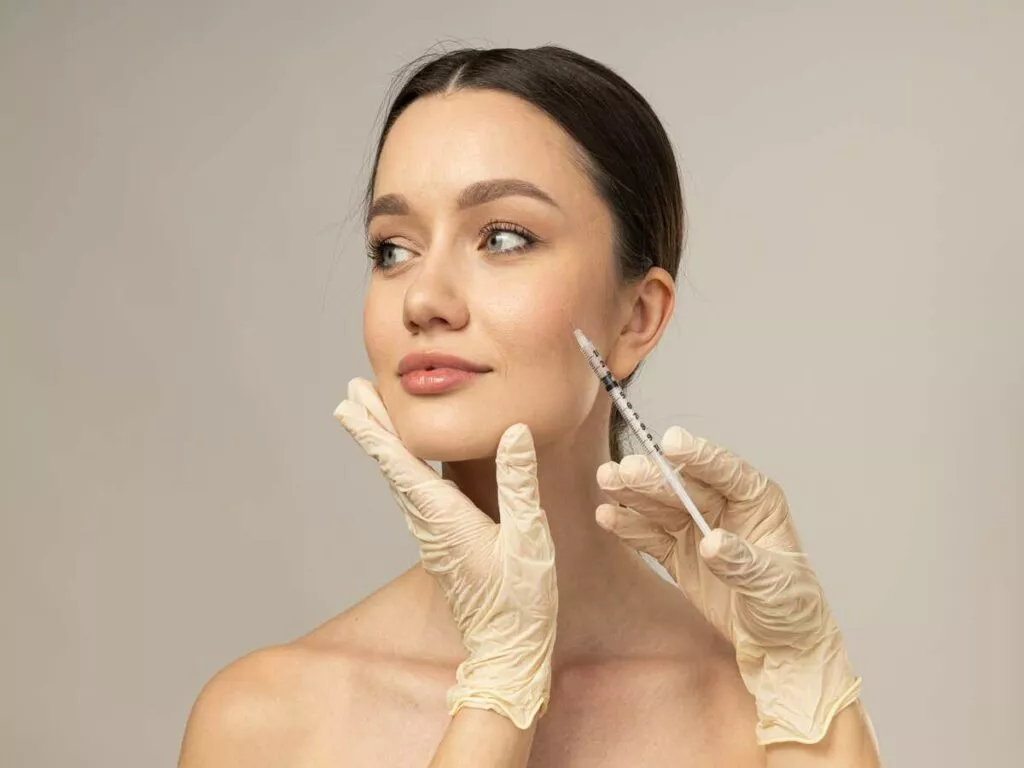Skin Booster Injections have gained immense popularity as a cutting-edge treatment for various skin concerns, including pigmentation. These specialized injections work by delivering deep hydration and essential nutrients directly into the skin, promoting cellular repair and rejuvenation. But can they effectively treat pigmentation issues like melasma, sunspots, or post-inflammatory hyperpigmentation? Let’s explore how Skin Booster Injections in Dubai are being used by dermatologists to address uneven skin tone and restore a radiant complexion.
Understanding Pigmentation and Its Causes
Pigmentation refers to the darkening of certain areas of the skin due to excess melanin production. Common causes include:
- Sun Exposure: UV rays trigger melanin production, leading to sunspots.
- Hormonal Changes: Conditions like melasma are often linked to hormonal fluctuations.
- Aging: As skin ages, it becomes more prone to discoloration.
- Inflammation: Post-inflammatory hyperpigmentation (PIH) occurs after acne or skin injuries.
Since pigmentation stems from various factors, treatment approaches must be tailored accordingly.
How Do Skin Booster Injections Work?
Skin booster injections are primarily composed of hyaluronic acid, vitamins, and amino acids that deeply hydrate and nourish the skin. Unlike traditional fillers, they do not add volume but instead improve skin texture, elasticity, and overall radiance. The treatment involves micro-injections that stimulate collagen and elastin production, helping to restore a more even complexion.
Key Benefits of Skin Booster Injections
Deep Hydration: Hyaluronic acid binds moisture, plumping the skin and reducing dullness.
Collagen Stimulation: Promotes natural collagen synthesis for firmer, smoother skin.
Brightening Effect: Antioxidants and nutrients help fade dark spots over time.
Minimal Downtime: Non-invasive with quick recovery compared to laser treatments.
Can Skin Boosters Really Treat Pigmentation?
While skin boosters are not a direct treatment for pigmentation like laser therapy or chemical peels, they can significantly improve skin tone and texture, indirectly reducing the appearance of dark spots. Here’s how:
Enhancing Skin Hydration and Radiance
Dehydrated skin often appears dull and accentuates pigmentation. By restoring moisture balance, skin boosters create a more luminous complexion, making dark spots less noticeable.
Promoting Cellular Turnover
The nutrients in skin boosters encourage faster skin regeneration, helping to shed pigmented cells and reveal fresher, more even-toned skin.
Strengthening the Skin Barrier
A compromised skin barrier worsens pigmentation. Skin boosters reinforce the skin’s natural defense, preventing further damage and discoloration.
Complementing Other Treatments
For severe pigmentation, dermatologists often recommend combining skin boosters with laser therapy or topical agents for enhanced results.
Who Is an Ideal Candidate for Skin Booster Injections?
Skin boosters are suitable for individuals with:
- Mild to moderate pigmentation concerns
- Dull, dehydrated skin lacking radiance
- Early signs of aging with uneven skin tone
However, those with deep melasma or severe hyperpigmentation may require additional treatments for optimal results.
What to Expect During the Procedure
A typical session involves:
Consultation: A dermatologist assesses skin concerns and customizes the treatment.
Application: A numbing cream may be applied before micro-injections are administered.
Duration: The procedure takes about 30–45 minutes.
Results: Gradual improvement over weeks, with full effects visible after multiple sessions.
Conclusion
While Skin Booster Injections are not a standalone cure for pigmentation, they play a supportive role in improving overall skin quality, brightness, and texture. When combined with other dermatologist-recommended treatments, they can contribute to a more even and radiant complexion. For those seeking a non-invasive solution to enhance skin health while subtly addressing pigmentation, skin boosters are a promising option.





Comments